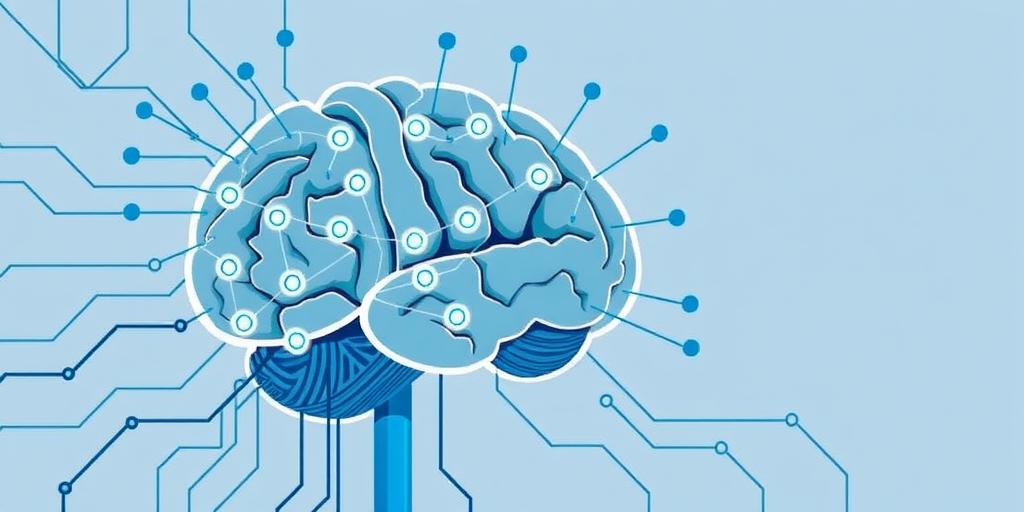Brain-computer interfaces (BCIs) hold immense promise for enhancing human capabilities and treating neurological disorders. However, as this technology advances, it presents a range of ethical challenges that demand careful consideration. This post aims to explore some of these key ethical dilemmas.
1. Privacy and Data Security
BCIs record and interpret neural activity, generating vast amounts of highly sensitive data. This data can potentially reveal a person's thoughts, emotions, intentions, and even subconscious biases. Ensuring the privacy and security of this information is paramount. Key questions include:
- Who owns the neural data?
- How can we prevent unauthorized access or misuse of this data?
- What security measures are necessary to protect against hacking and data breaches?
Robust data protection protocols and clear legal frameworks are essential to safeguard individual privacy.
2. Informed Consent and Autonomy
Obtaining informed consent from BCI users can be challenging, especially when dealing with individuals who have cognitive impairments or communication difficulties. It is crucial to ensure that users fully understand the potential risks and benefits of BCI technology before agreeing to its use. Furthermore, BCIs could potentially influence a user's thoughts or actions, raising concerns about autonomy and free will. Safeguards must be in place to:
- Guarantee that users retain control over their own minds and bodies.
- Prevent manipulation or coercion through BCI technology.
- Establish clear guidelines for decision-making in cases where BCI users lack capacity.
3. Enhancement vs. Therapy
BCIs can be used for therapeutic purposes, such as restoring motor function in paralyzed individuals. However, they can also be used for enhancement purposes, such as improving cognitive abilities or physical performance. This raises ethical questions about:
- The fairness and accessibility of enhancement technologies.
- The potential for creating a divide between those who can afford enhancements and those who cannot.
- The definition of "normal" and the risk of devaluing human diversity.
Careful consideration is needed to ensure that BCI technology is used responsibly and equitably.
4. Responsibility and Accountability
As BCIs become more sophisticated, it may become difficult to assign responsibility for actions or decisions made with the aid of this technology. For example, if a self-driving car controlled by a BCI causes an accident, who is to blame? The user? The BCI manufacturer? The car manufacturer? Establishing clear lines of responsibility and accountability is essential to:
- Ensure that individuals are held responsible for their actions.
- Provide legal recourse for those who are harmed by BCI technology.
- Promote the safe and ethical development of BCIs.
5. Social Impact and Equity
The development and deployment of BCI technology could have profound social and economic consequences. It is important to consider the potential impact on employment, education, and social inclusion. Key questions include:
- How can we ensure that BCI technology benefits all members of society, not just a privileged few?
- How can we mitigate the risk of job displacement due to BCI-enabled automation?
- How can we promote digital literacy and access to BCI technology for marginalized communities?
Addressing these ethical challenges requires a collaborative effort involving researchers, policymakers, ethicists, and the public. By engaging in open and informed dialogue, we can ensure that BCI technology is developed and used in a way that promotes human well-being and social justice.









